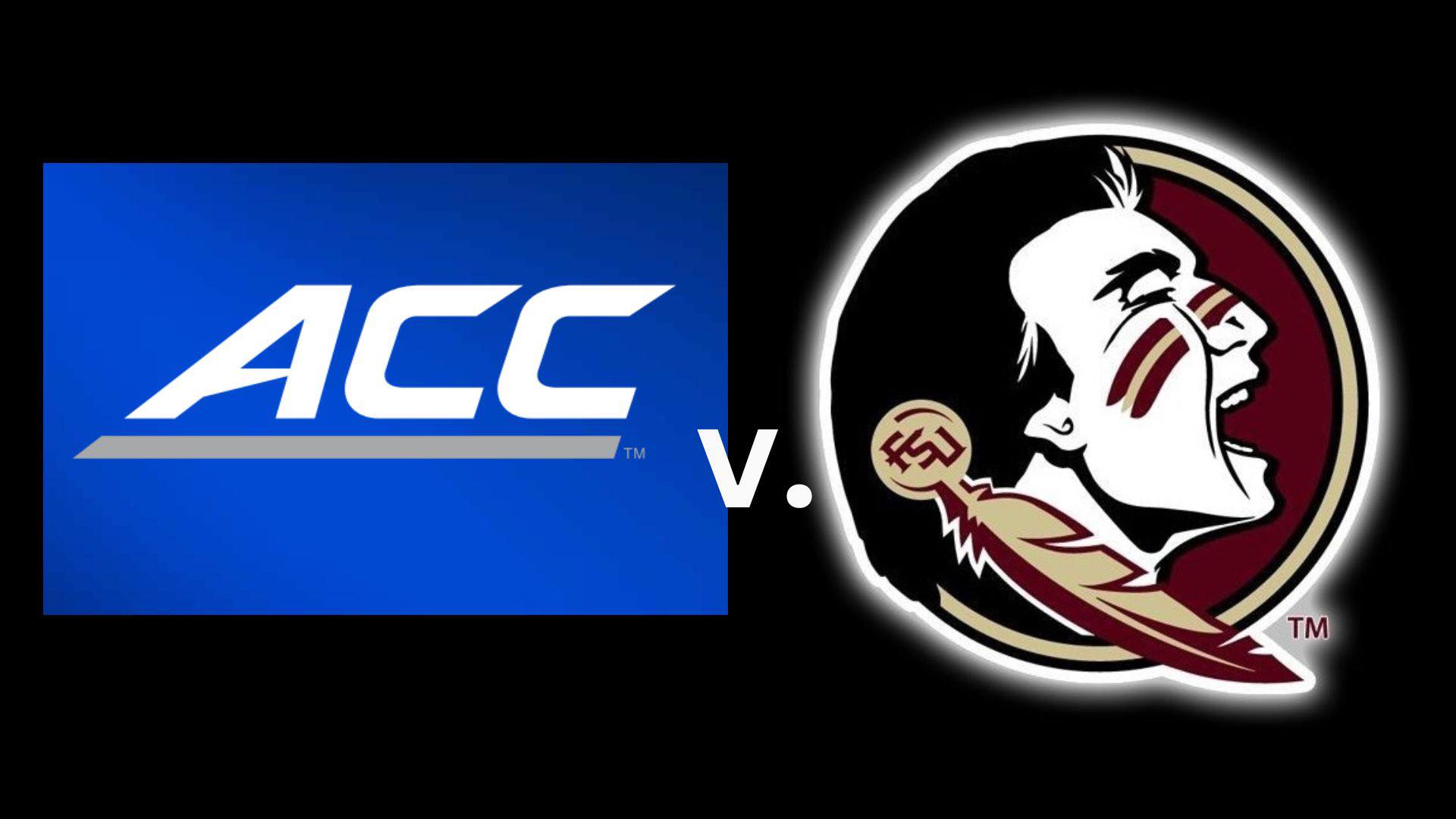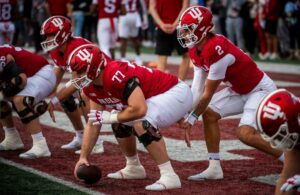While the ACC continues to have legal battles on multiple fronts, there is now the possibility that the case in Mecklenburg County North Carolina could be put on the sidelines for an extended period. A forthcoming ruling by the NC judge could push back the ACC case against Florida State for the foreseeable future.
Both sides met in Judge Louis Bledsoe’s courtroom to determine what, if any elements of ACC v. Florida State Board of Trustees should continue pending the state supreme court hearing an FSU appeal. Last month Judge Bledsoe denied FSU’s motion to dismiss the ACC lawsuit based on jurisdictional issues. The school’s board of trustees is now appealing that decision to the North Carolina Supreme Court.
To Continue the Process or Not.
Thursday’s hearing in Mecklenburg County had both sides arguing over the immediate next steps in the case. Florida State attorneys argue that since the previous decision by Judge Bledsoe is being appealed to the state’s high court, it puts an automatic stay on all other processes, such as discovery.
Judge Bledsoe is taking into account whether the jurisdictional issue is still a matter of sovereign immunity, as FSU argues. Or whether it is a personal jurisdiction issue, as the ACC argues. FSU’s original motion to dismiss was based on sovereign immunity arguments, and Judge Bledsoe denied the motion.
Attorneys for the ACC argued that there is no reason for discovery to not go on as any verdict by the NC Supreme Court is a long way away.
The High Court, and the Even Higher Court
In fact, while FSU has given notice of its intent to appeal, the case paperwork to do so has not yet been filed with the Supreme Court. So the case is not on the docket yet and the Supreme Court is dark for the Summer. Sources familiar with the calendar process speculate that we could be well into 2025 before the NC State Supreme Court even hears the appeal.
And then there was the moment on Thursday, in his oral arguments, where FSU counsel Peter Rush posited that if the state supreme court did not give the defendants in the case the answer they were looking for, the United States Supreme Court might. It was the first time we had heard the outward suggestion about how far FSU could be willing to take the matter.
Ties to Leon County Case
Part of the ACC’s argument was that ongoing discovery in North Carolina does not harm Florida State. It is ongoing in Leon County, Florida, (Florida State v. ACC). Discovery is actually on hold in the case in Florida, but it is a temporary delay.
Leon County Judge John Cooper is allowing Florida State’s counsel to amend its complaint and re-write some of its arguments. But there is a timing issue. Both sides must pose the written order to the judge as they would like to see it. He then approves it and issues the order. From that point, FSU would have seven business days to issue its amended complaint. The ACC lawyers would then have 20 business days to respond.
But the two sides have yet to write and issue their desired order to Judge Cooper. With the deadlines that come after that, we will be nearing July before we head back to court in Leon County. At that point though the discovery process can continue at least for that case.
More Waiting
Thursday Judge Bledsoe returned to the sovereign immunity argument from FSU and said, “Sovereign immunity permeates all levels of this case.” He then asked rhetorically, “Can Florida State be compelled to litigate pending its appeal [to the state supreme court]?” He said part of the issue is what role can the Mecklenburg Court play during the appeals process. “Are they [Florida State] subject to the jurisdiction of this court?” If Judge Bledsoe rules in FSU’s favor and stops the process pending the appeals, it will likely put this case on hold for at least a year.
As is his proclivity, Judge Bledsoe did not issue a ruling from the bench Thursday. He said he hoped to have a written order done in a week or so.






